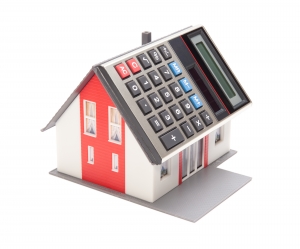Reverse Mortgage
A reverse mortgage is a loan available to people over 62 years of age that enables a borrower to convert part of the equity in their home into cash.
Reverse mortgages were conceived as a means to help people in or near retirement and with limited income use the money they have put into their home to pay off debts (including traditional mortgages), cover basic monthly living expenses or pay for health care. There is no restriction on how a borrower may use their reverse mortgage proceeds.
The loan is called a reverse mortgage because the traditional mortgage payback stream is reversed. Instead of making monthly payments to a lender (as with a traditional mortgage), the lender makes payments to the borrower.
The borrower is not required to pay back the loan until the home is sold or otherwise vacated. As long as you live in the home, you are not required to make any monthly payments towards the loan balance, but you must remain current on your tax and insurance payments.

Reverse Mortgage Requirements
- Age – All borrowers listed on title must be 62 years old.
- Occupancy – The property MUST be your primary residence
- Taxes & Insurance – You MUST remain current on your property taxes, home owners insurance, and any other mandatory fee
- Property – Before obtaining a reverse mortgage you MUST obtain an appraisal and the property must be in an acceptable condition
Reverse Mortgage Features
With a reverse mortgage, you always retain title to or ownership of your home. The lender never, at any point, owns the home even after the last surviving spouse permanently vacates the property.
The amount of funds you receive depends on the age of the youngest borrower, the value of the home, the interest rate and upfront costs. The older you are, the more proceeds you can receive.
The funds can be delivered to you as a lump sum, as a line of credit or as fixed monthly payments, either for a fixed amount of time or for as long as you remain in the home. You can also combine these options, for example, taking part of the proceeds as a lump sum and leaving the balance in a line of credit.
Fees can be paid out of the loan proceeds. This means you incur very little out-of-pocket expense to get a reverse mortgage. Your only out-of-pocket expense is the appraisal fee and maybe a charge for counseling depending on the counseling organization you work with. Together, these two fees will total a few hundred dollars. Very low-income homeowners are exempted from being charged for counseling.

Join The Discussion